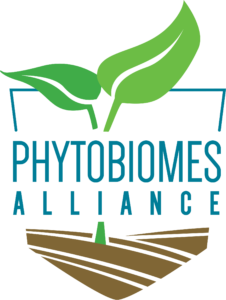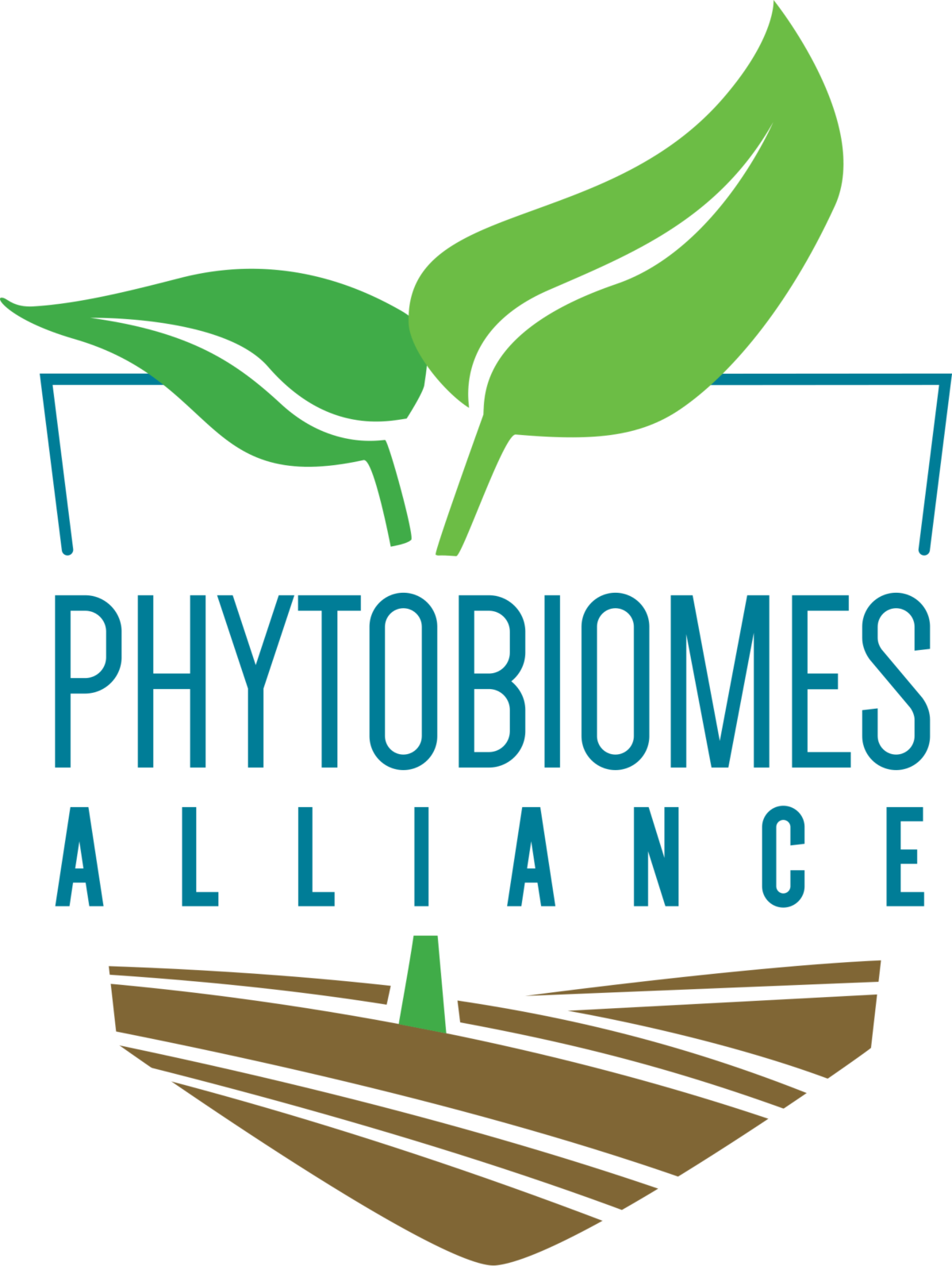FarmBox Foods has joined the International Alliance for Phytobiomes Research as a sponsoring partner and is set to participate in groundbreaking studies that will examine sustainable food production.
The Phytobiomes Alliance facilitates and coordinates national and international research projects on phytobiomes to accelerate the sustainable production of food, feed, and fiber for all. The term “Phytobiome” refers to a plant growing in a specific environment (a biome), and all the geophysical and biological components that interact with this plant.

Colorado-based FarmBox Foods takes upcycled shipping containers and transforms them into controlled-climate container farms in which mushrooms, leafy greens, culinary herbs, micro greens, peppers, fodder, and other plants can be sustainably grown. This ground-breaking production solution provides an efficient way for local communities to grow healthy food, with low energy and water usage.
“We are thrilled to have FarmBox Foods join the Alliance,” said Kellye Eversole, the Alliance Executive Director.“Their innovative container farms are a perfect example of a phytobiome. FarmBox Foods’ expertise will be an invaluable addition to our scientific Coordinating Committee, helping us to advance our understanding of the various components impacting plant production in a closed environment as well as in the field. FarmBox Foods is also pioneering the production of livestock fodder in containers and we look forward to working with them to find plant/microbe-based solutions to challenges facing the livestock industry, such as the need to reduce methane production, increase overall livestock health, and improve feed efficiency.”
Joseph Cammack, FarmBox Foods Executive Vice President, will be joining the Alliance Coordinating Committee. This Committee identifies research, resource and technology gaps, establishes priorities, and develops strategic plans to achieve Alliance goals. Cammack will also be joining the Controlled Environment Agriculture (CEA) Working Group that is tasked with identifying major CEA challenges that could be addressed by phytobiomes research.
“The work that the Phytobiomes Alliance is doing is critically important as our world population surges and sustainable food production becomes more of a priority,” said Cammack. “We are excited to be involved in research that helps overcome challenges in our space and strengthens our industry as a whole.”
Over the next decades, understanding entire systems of phytobiomes will be critical to ensuring sustainable global food security in the context of population growth, climate change, the necessity to preserve biodiversity and natural resources, while maintaining or enhancing grower profitability. The Phytobiomes Alliance is working on addressing these challenges by establishing a foundation of knowledge on how phytobiome components interact and affect each other.

